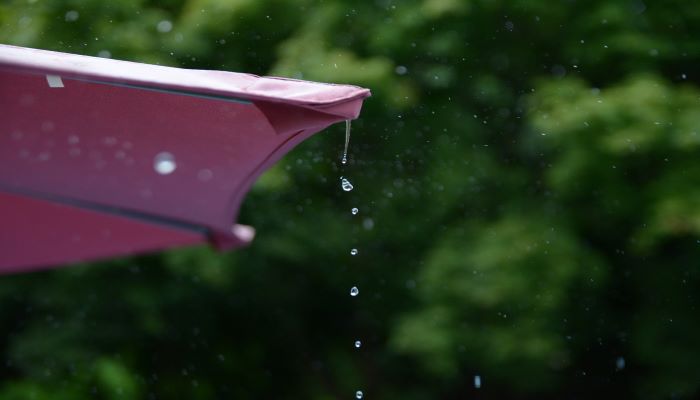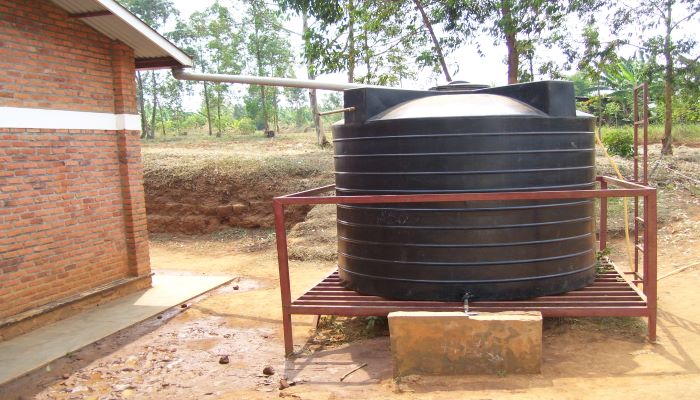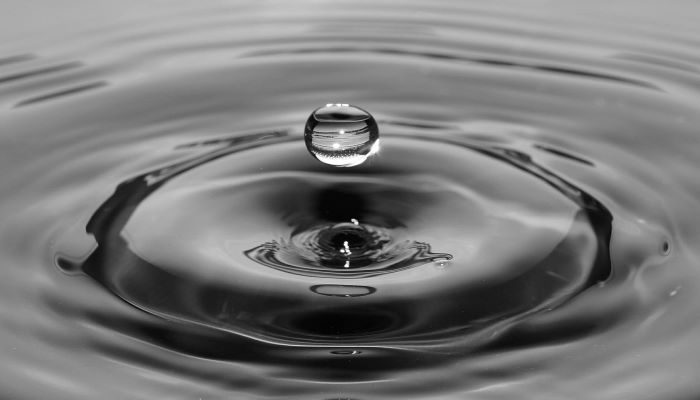Even though we have an abundance of water in this world, the amount available for drinking is limited. This water shortage prompted various countries to store and reuse even the limited rainwater they get. When water shortage became an international issue, this primitive practice was promoted and developed into an organised process involving collection, storage and purification of rainwater. Especially in areas with heavy rainfall, rainwater harvesting has turned out to be a boon.
Following are the main advantages of rainwater harvesting:
Easy to install and maintain
Rainwater harvesting is not a complicated process. The initial investment might seem like a lot but the savings from it outweighs the cost. The rooftops of most houses act as a simple catchment area for the rainwater and this can be easily linked to the rainwater harvesting system.
Free from pollutants
Rain water is one of the purest forms of water and is free from pollutants such as salts and other man made contaminants. A simple process of filtering makes this water suitable for drinking.
Reduces consumption of ground water
Ground water is considered to difficult to replenish and hence treated as a non-renewable resource. Wasting ground water would lead to acute scarcity of water in the future. By rainwater harvesting, the consumption of ground water is reduced. Rainwater can be easily stored and used for all household purposes. After filtering, it can be safely used as drinking water also.
Helps recharge ground water
Especially in areas where the use of ground water is more than its recharge, there should be artificial structures to promote this process. By rainwater harvesting through methods such as tube wells, percolation tanks, or recharge wells, the water is artificially transferred back to the ground.
Reduces water bill
Rainwater can be used for various household uses such as gardening, washing car and clothes, in the flush tank, etc. Even in small scale industries, the water collected from rainwater harvesting reduces their dependence on external water sources. By using less of the municipality water and more of the rainwater, water bills are sure to drop!
Prevents flooding
Low lying lands are prone to frequent flooding during heavy rainfall. By channelling the rainwater to a collection tank, it prevents this from happening. Soil erosion is another calamity that can be prevented by efficiently harvesting rain water.
Helps in irrigation
In areas which receives heavy rainfall, this water can be stored and used effectively for irrigation of farmlands. This will not only bring down the water bills of that farmland, it would also reduce their dependence on ground water.
With the growing population of our nation, it is highly likely that in a few years water would be a scare commodity. However, an efficient rain water harvesting system can provide for close to 50% of a family’s water needs. Not only does this help in using the ground water wisely, it would also bring monetary savings to the family.
Real Time Renewables can help you choose the right rainwater harvesting system for your home. Keeping in mind the benefits it has for the environment and for ourselves, getting one installed in your house should be priority! Other than rainwater harvesting, you can also adopt various other ways to conserve water at home.
For more information related to environment & sustainability, follow us on Facebook, LinkedIn and Twitter.
-Sulekha



